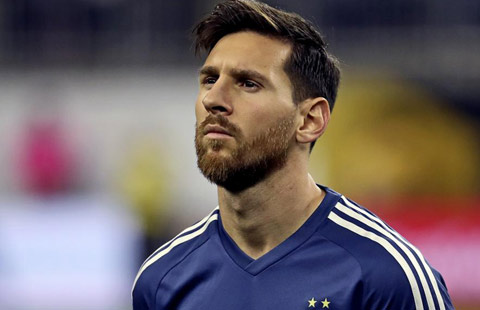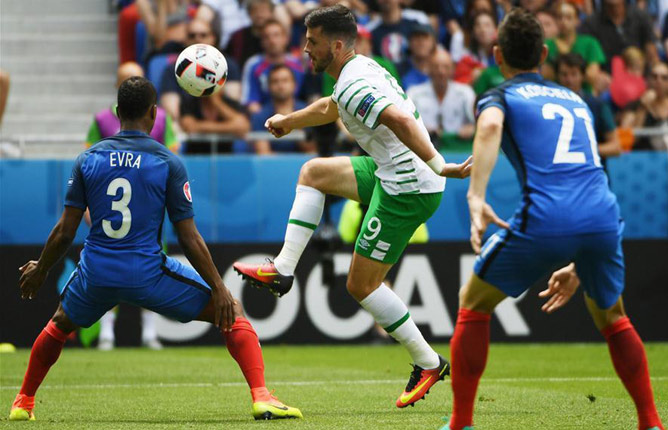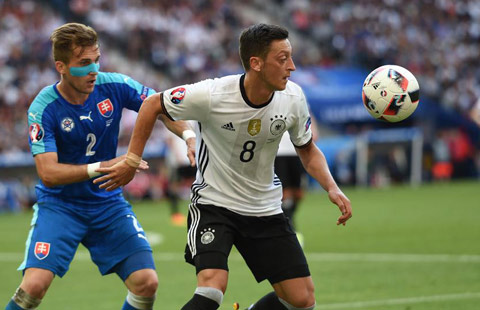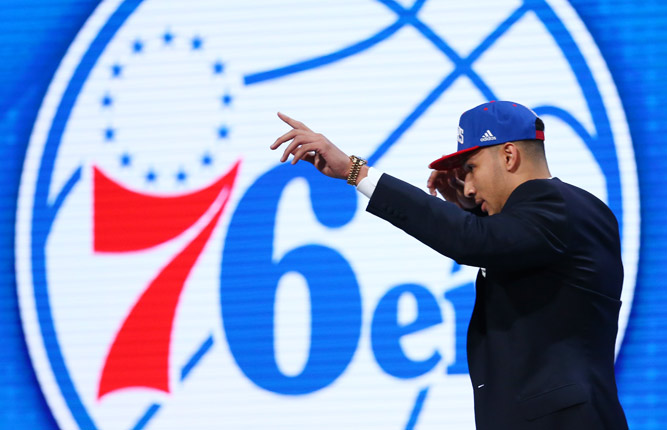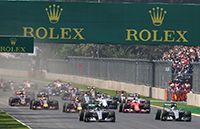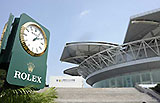Global doping agency suspends Rio lab weeks before Olympics
(Agencies) Updated: 2016-06-27 11:38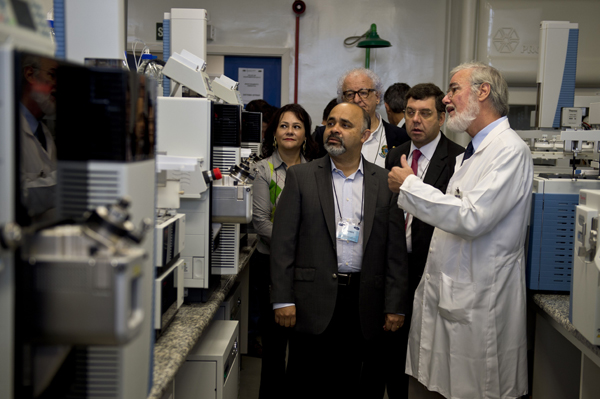 |
|
File photo shows Brazilian Minister of Sports George Hilton (L) listens to professor Francisco Radler (R), coordinator of the Brazilian Doping Control Laboratory (BDCL) of the Federal University of Rio de Janeiro, during a visit to the lab on May 8, 2015. The World Antidoping Agency (WADA) based in Montreal decided on May 13, 2015 to allow the BDCL to work for the Olympic and Paralympic Games, starting next July with several Olympic tests, the Sports Ministry informed.[Photo/VCG] |
RIO DE JANEIRO - The World Anti-Doping Agency (WADA) has suspended the credentials of a testing laboratory in Rio de Janeiro for failing to comply with international standards, just over a month before the city hosts the Olympic Games.
Although the suspension adds to embarrassments for Brazil in the runup to the Olympics, it is unlikely to affect the Games since the agency has arranged testing elsewhere, as it did when the same Rio lab lost its credentials before the 2014 World Cup.
The lab at the Federal University of Rio de Janeiro said on Friday that its operations should return to normal in July after a technical visit from WADA, ahead of the start of the Games on Aug 5.
Still, the suspension adds to concerns about Rio's readiness to host the global sporting event as public services suffer amid a crisis in state finances.
Technical errors leading to false positives were likely the cause of the suspension, a source familiar with the decision said, requesting anonymity due to the sensitivity of the issue.
The lab has analyzed about 2,000 blood and urine samples this year, including testing of Brazil's Olympic team and top-flight soccer matches. The source could not say whether the false positives came during active testing or calibration of the lab's systems.
"The suspension will only be lifted by WADA when the laboratory is operating optimally," Olivier Niggli, the incoming director general of the agency, said in a statement. He did not provide details of the problems at the lab.
"The best solution will be put in place to ensure that sample analysis for the Rio Olympic and Paralympic Games is robust," Niggli said.
WADA's decision is the latest setback for Rio's anti-doping lab, after a lack of credentials forced testing for the 2014 World Cup to take place in Switzerland.

